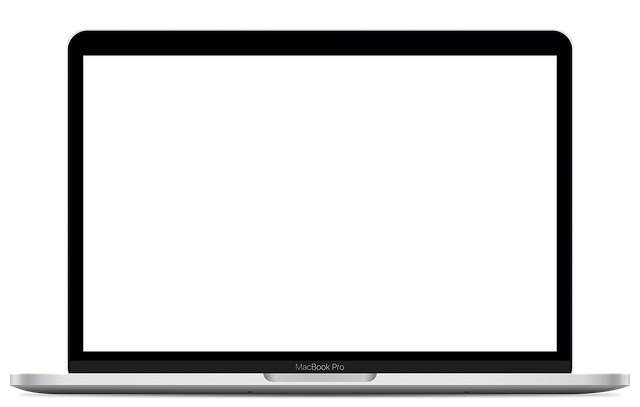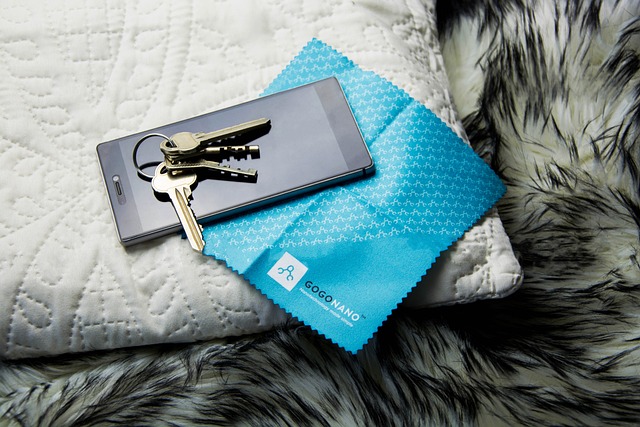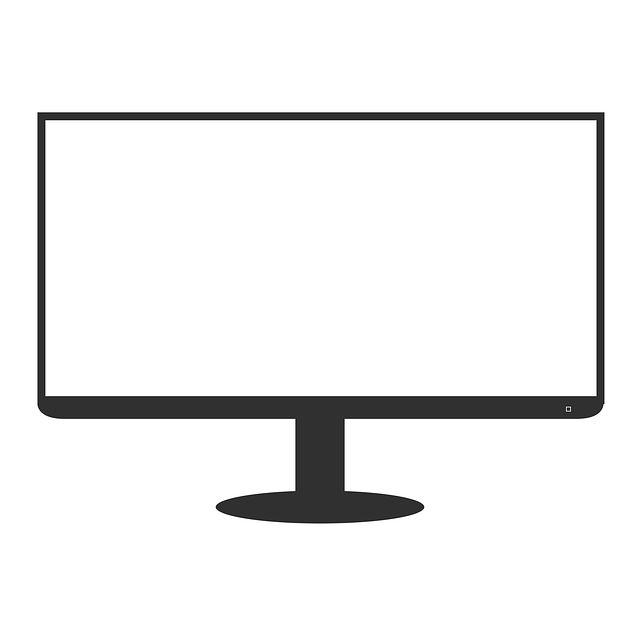In the dynamic real estate sector, efficient property management is crucial for success. Common challenges include inefficient communication, poor record-keeping, and a lack of standardized procedures, leading to dissatisfied tenants and operational inefficiencies. By proactively implementing digital communication channels, efficient record-keeping systems, and clear standard operating procedures, real estate professionals can streamline processes, improve transparency, and strengthen relationships. Embracing technology through Property Management Systems (PMS) and data analytics further alleviates future burdens, enhancing the experience for both owners and tenants while fostering a positive living environment.
In the dynamic realm of real estate, efficient property management is key to success. This article explores the common headaches that plague managers and offers practical solutions to reduce future issues. From understanding the root causes behind tenant disputes and maintenance challenges to adopting technology and implementing best practices, these strategies ensure smoother operations. By navigating proactive approaches, real estate professionals can minimize headaches, maximize tenant satisfaction, and optimize property value.
Understanding Common Property Management Headaches in Real Estate

In the real estate sector, property management is a complex task that involves addressing various issues and challenges on a daily basis. From tenant relations to maintaining the physical condition of the property, every aspect requires meticulous attention to detail. Common headaches often arise from inefficient communication, poor record-keeping, and a lack of standardized procedures. For instance, miscommunication between landlords, tenants, and management staff can lead to delays in maintenance requests and dissatisfied residents. Ineffective record management systems may result in lost documents, making it difficult to track lease agreements, inspection reports, and financial records accurately.
By identifying these recurring issues, real estate professionals can proactively reduce future headaches. Implementing robust communication channels, adopting digital record-keeping systems, and establishing standardized operating procedures are effective strategies. These solutions streamline processes, enhance transparency, and foster better relationships among all stakeholders involved in property management.
Proactive Strategies to Minimize Future Issues

Implementing proactive strategies is key to minimizing future issues in property management, ensuring smooth operations and reduced headaches for real estate professionals. Regular building inspections are an essential step; identifying potential problems early can prevent minor issues from escalating. By creating detailed maintenance schedules and keeping accurate records, managers can stay ahead of repairs, reducing the likelihood of sudden, costly surprises.
Additionally, staying updated with local regulations and industry best practices is vital. Staying informed allows property managers to adapt quickly, ensuring compliance and avoiding legal pitfalls. Effective communication with tenants also plays a significant role; fostering open dialogue encourages tenants to report issues promptly, enabling swift resolution before they escalate.
Implementing Technology and Best Practices for Seamless Property Management

In today’s digital era, real estate professionals can significantly reduce future property management headaches by implementing technology and best practices. Advanced software solutions like property management systems (PMS) streamline tasks such as tenant screening, lease agreements, and maintenance requests, ensuring a seamless experience for both property owners and tenants. These tools automate repetitive processes, reducing the likelihood of human error and saving valuable time.
Furthermore, leveraging data analytics provides insights into market trends and tenant behavior, enabling proactive decision-making. By adopting digital strategies, real estate managers can enhance communication channels, such as online portals and mobile apps, fostering better engagement with tenants. This shift towards technology not only improves efficiency but also contributes to a more positive living environment, ultimately satisfying all parties involved.






